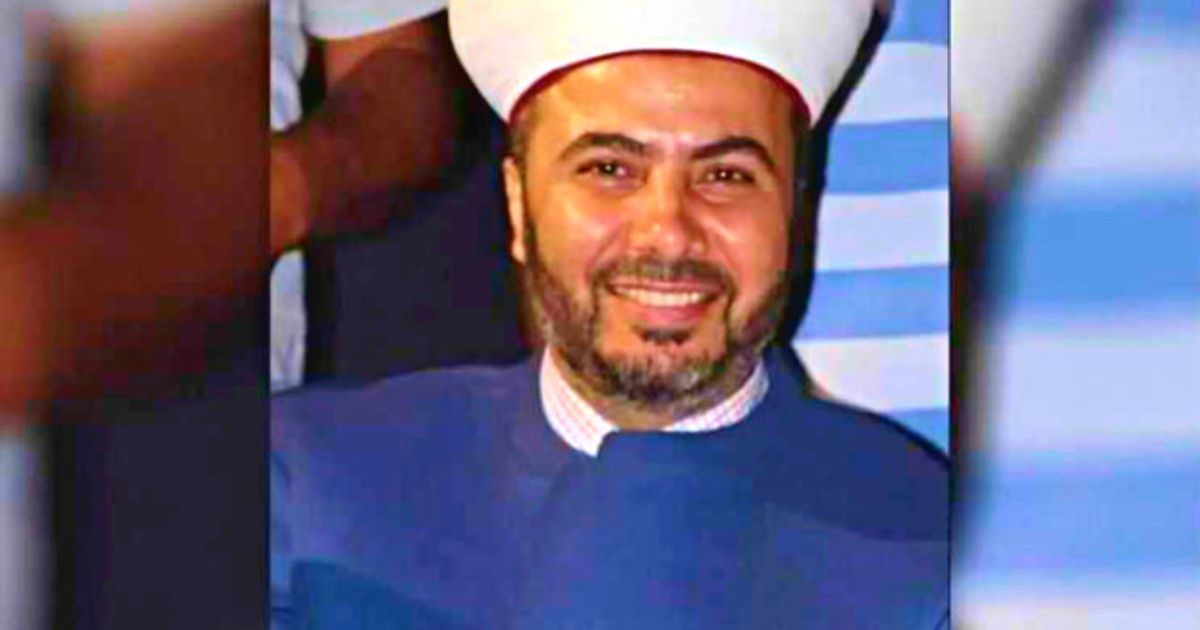Lebanese authorities have announced that the body of Sheikh Ahmed Al-Rifai, a Sunni Muslim cleric, was found on Saturday, a week after he went missing in Tripoli.
According to eyewitnesses, two vehicles blocked Al-Rifai’s car, and masked men forced him to go behind the Beirut Arab University building in Tripoli.
The religious leader, who was affiliated with Dar Al-Fatwa, hailed from Al-Qarqaf, Akkar, where he was the imam of the mosque.
Rifai was known for his vocal criticism of Iranian-back Hezbollah, the Syrian government, and Iran.
He was last seen on Monday evening in the northern city of Tripoli, and his family said they lost contact with him that night after they tried to call him and found that his cellphone was turned off.
Four days after he went missing, security forces found Rifai’s four-wheel drive near Haykel Hospital at the entrance to Koura, south of Tripoli. Kidnappers are believed to have driven the vehicle there.
There were concerns that Rifai’s case would incite sectarian tensions since he was a harsh critic of Hezbollah. The religious leader’s disappearance prompted officials to launch an investigation to determine his whereabouts.
It turned out that Rifai was killed by people from his northern hometown with whom he had been at odds with for over a decade.
According to security officials, Rifai’s relatives and some residents of Qarqaf had accused one of Rifai’s relatives, who was the town’s mayor, of corruption, leading to tensions between them.
The officials, who spoke on condition of anonymity, said that the cleric was killed by people from his hometown, including some relatives. The son of the town’s mayor, Ali Rifai, has confessed to killing Sheikh Ahmed Rifai and dumping his body near the Nahr al-Bared refugee camp. Some of the crime’s tools were found.
Lebanese Prime Minister Najib Mikati said earlier: “We are currently following up with the competent judicial and security references; new data has emerged, and we are following up on it for full disclosure in this case.”
Grand Mufti of the Republic, Sheikh Abdullatif Derian, called it a horrific and painful crime, stressing that this is rejected by religion and contradicts human and moral values.
Sheikh Zaid Zakaria, the mufti of Akkar, called on Qarqaf’s townspeople to “be impervious to the spreading rumors” and urged that the security investigation be allowed to take its course.
A source from Dar Al-Fatwa denied the presence of “conclusive evidence about Hezbollah’s direct involvement in the cleric’s disappearance.”


